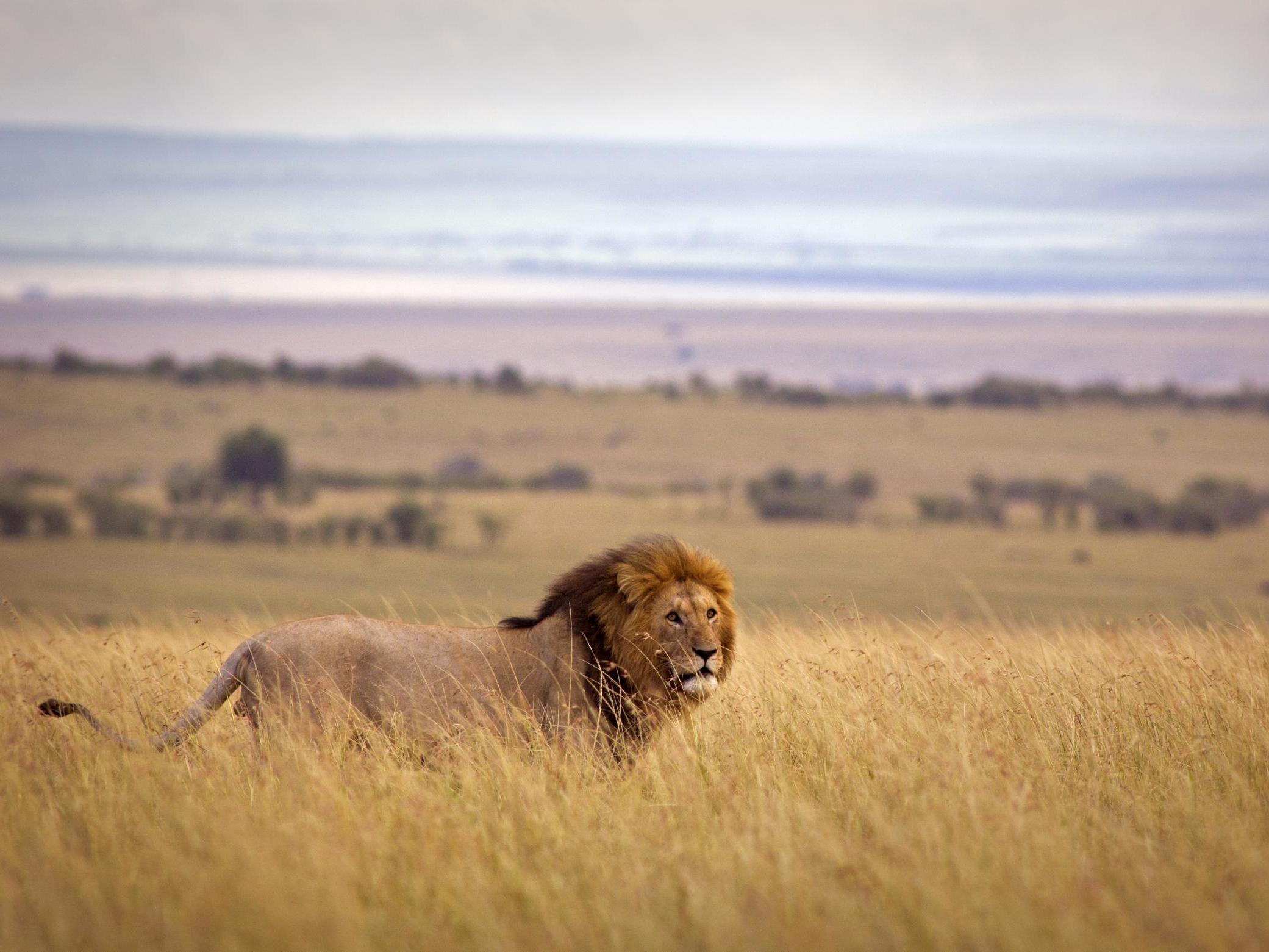Ministers seek views on banning trophy imports to curb hunting of endangered animals
'British trophy hunters are among the worst in the world ... they may shoot and bring home species including cheetahs, leopards, rhinos and hippos,' say campaigners

Your support helps us to tell the story
From reproductive rights to climate change to Big Tech, The Independent is on the ground when the story is developing. Whether it's investigating the financials of Elon Musk's pro-Trump PAC or producing our latest documentary, 'The A Word', which shines a light on the American women fighting for reproductive rights, we know how important it is to parse out the facts from the messaging.
At such a critical moment in US history, we need reporters on the ground. Your donation allows us to keep sending journalists to speak to both sides of the story.
The Independent is trusted by Americans across the entire political spectrum. And unlike many other quality news outlets, we choose not to lock Americans out of our reporting and analysis with paywalls. We believe quality journalism should be available to everyone, paid for by those who can afford it.
Your support makes all the difference.The government is asking for people’s views on whether to ban imports of body parts from hunted endangered wild animals such as lions, elephants, rhinos and tigers.
Ministers are under pressure to crack down on the practice of bringing “trophies” such as skins, bones, tusks and heads into the UK, as public anger has risen over endangered species being killed.
Earlier this year, The Independent exposed how British trophy-hunters legally killed and brought home the bodies of about 500 baboons and monkeys over 30 years.
British trophy-hunters are also paying to kill giraffes in Africa despite fears of extinction.
And the UK is one of 12 countries whose hunters have taken at least 1,000 trophies and brought home more than a ton of ivory according to the Campaign to Ban Trophy Hunting (CBTH).
Labour has already pledged to outlaw the sale of souvenirs from wild animals, preventing wealthy hunters from profiting from trophies obtained abroad.
The Conservatives have been promising since 2015 to ban lion parts imports unless the hunting industry cleaned up its act.
Now the government has launched a public consultation and call for evidence on options to curb imports and exports of hunting trophies to the UK, including a potential ban.
The consultation, which runs until 25 January, considers four options:
- a ban on all hunting trophies entering or leaving the UK
- a ban on imports and exports of trophies from certain species
- stricter rules to demonstrate “clear benefits to conservation and local communities” before hunting trophies can be imported or exported
- continuing to apply current controls, which state the importer must show “there has been no detrimental impact on the endangered species and the trophy has been obtained from a sustainable hunting operation”.
Eduardo Goncalves, founder and president of the Campaign to Ban Trophy Hunting, welcomed the consultation, saying: “Opinion polls show 86 per cent want all trophy hunting banned. The consultation exercise should take that into account.
“British trophy hunters are among the worst in the world when it comes to shooting lions in captivity and elephants. They are currently allowed to shoot and bring home trophies of a number of other vulnerable species including cheetahs, leopards, rhinos and hippos.
“Killing animals purely for pleasure and to show off a trophy has no place in a civilised society. People want this disgraceful ‘sport’ consigned to the dustbin of history.”
He dismissed claims by the hunting industry that trophy hunting has benefited conservation.
Experts agree that canned lion hunting in South Africa – in which the animals are bred to be legally shot for money at close range – endangers wild populations by creating a cover for poaching.
Join our commenting forum
Join thought-provoking conversations, follow other Independent readers and see their replies
Comments